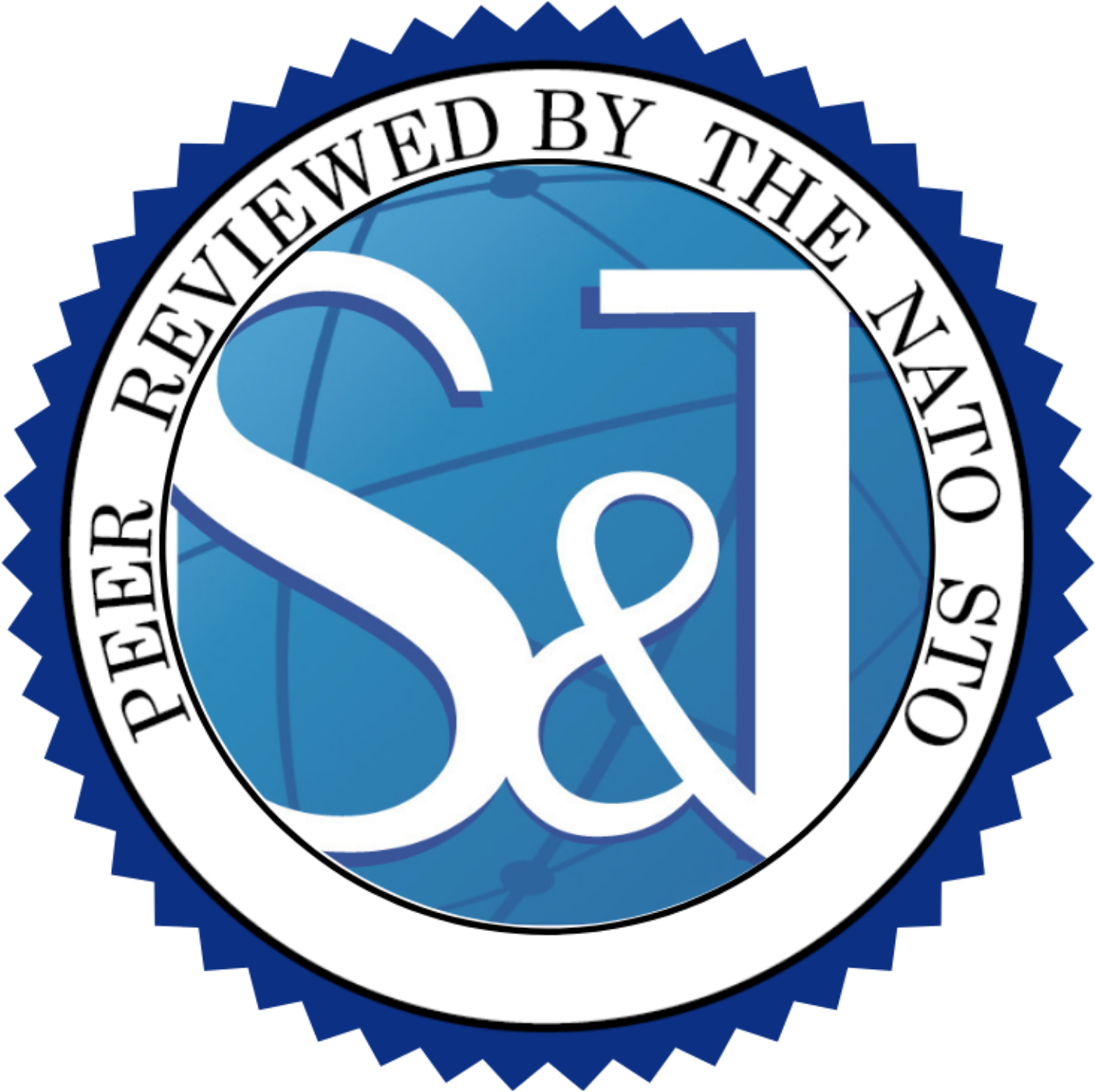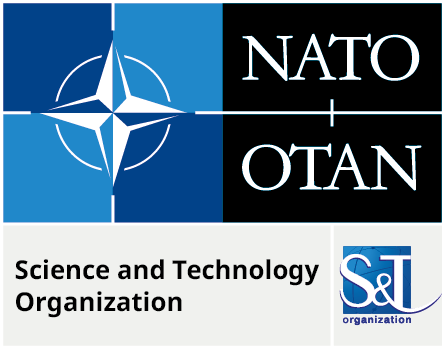Author(s): Eric Coiro; Sidonie Lefebvre; Romain Ceolato ![]()

DOI: 10.14339/STO-AVT-324-7 | ISSN: TBD
Infrared Stealth is an important aspect in the design and performance assessment of the future combat aircraft. In this paper, we propose a statistical approach based on an aircraft signature code to assess the impact of different technology choices
Citation:
ABSTRACT
Infrared Stealth is an important aspect in the design and performance assessment of the future combat aircraft. In this paper, we propose a statistical approach based on an aircraft signature code to assess the impact of different technology choices. As simulations can be computationally demanding, we set-up and validate a multifidelity surrogate model, close to the real one but faster to compute, in order to estimate sensitivity indices and to perform dispersion analysis. The value of our approach is illustrated for a typical air-to-ground scenario based on the UCAV Muldicon test case defined in the AVT-281 group. The first part of this paper describes the models used to compute the infrared signature of the Muldicon as part of the in-house code CRIRA for the skin, air intake, nozzles and plumes, in the surrounding environment. The statistical approach is then discussed through different steps: building a surrogate model and identifying influential inputs. The statistical analysis is performed for a stabilized flight (fixed altitude, Mach and engine thrust). We finally obtain dispersion of the infrared signature, with a hierarchy from the most to the less influent parameter, for different observer locations.
DOWNLOAD FULL ARTICLE


